Work Hours
M-F: 7AM ET - 7PM ET
Weekends: 10AM ET - 5PM ET
Workflow automation refers to the use of technology to automate, streamline, and standardize repetitive tasks, processes, and workflows within a company.
Automating repetitive tasks streamlines processes, reducing manual intervention. This allows employees to focus on higher-value tasks, enhancing productivity.
Automation minimizes human errors and reduces the need for manual labor, leading to cost savings in terms of time, resources, potential errors, and even employment.
Automated workflows follow predefined rules consistently, ensuring accuracy and efficiency in tasks execution, data entry, and overall operations.
Automated workflows execute tasks faster than manual processes, enabling quicker turnaround times and the ability to scale operations efficiently.
Automated workflows generate valuable data insights and reports, providing businesses with actionable analytics for informed decision-making.
Efficient workflows ensure timely responses, faster service delivery, and smoother transactions, leading to an enhanced customer experience.
Different types of workflow automation offer diverse advantages that collectively benefit a business in multifaceted ways. Each specialized automation service targets specific operational aspects, contributing to enhanced efficiency, productivity, and accuracy within an organization.
The integration of diverse workflow automation services optimizes various functional areas within a business, leading to a cumulative positive impact. It facilitates faster, error-free operations, enables employees to focus on strategic tasks, enhances customer service quality, and provides valuable data insights for informed decision-making. Collectively, these benefits result in increased operational efficiency, reduced costs, improved scalability, and a competitive edge for any business in its respective industry.
Focuses on automating document-centric processes such as document creation, approval, storage, and retrieval, reducing manual paperwork and enhancing document management efficiency.
Aims to automate repetitive and routine tasks within a workflow, assigning, tracking, and managing tasks to ensure they are completed efficiently and on time.
Involves automating sales and marketing processes, including lead generation, customer relationship management (CRM), email marketing, campaign management, and sales tracking.
Streamlines human resource-related tasks such as employee onboarding, performance reviews, leave management, payroll processing, and compliance management.
Automates IT-related processes including network management, system monitoring, software deployment, security updates, and configuration management to enhance operational efficiency.
Automates financial tasks such as invoicing, expense management, budgeting, accounts payable/receivable, and financial reporting, improving accuracy and reducing manual errors.
Contact us for a free quote on workflow automation services and start saving money today!
Workflow automation involves using technology to automate repetitive tasks and streamline processes, resulting in increased efficiency, reduced errors, cost savings, and improved productivity within a business.
Workflow automation services include document management, task automation, sales and marketing automation, HR process automation, IT infrastructure management, finance and accounting automation, supply chain logistics automation, and customer support automation.
Implementing workflow automation involves identifying repetitive tasks, selecting suitable automation tools or software, defining workflows, integrating them into existing systems, testing, and ongoing monitoring for improvements.
Workflow automation offers benefits such as increased efficiency, cost savings, improved accuracy and consistency, faster processes, enhanced productivity, scalability, better decision-making through data insights, improved customer service, and regulatory compliance.
Most workflow automation tools offer integrations or APIs (Application Programming Interfaces) that allow seamless connectivity with existing software, enabling data exchange and collaboration across systems.
Yes, workflow automation services can be customized to cater to unique business processes, allowing for tailored workflows, rules, and sequences aligned with specific requirements.
While some technical knowledge might be beneficial, many workflow automation tools are designed with user-friendly interfaces, making them accessible to users with varying technical skills.
Workflow automation tools often include security features such as access controls, encryption, and compliance measures to safeguard sensitive data and ensure adherence to industry regulations.
Yes, workflow automation services are scalable and adaptable, allowing businesses to expand operations, add functionalities, and accommodate increased workloads.
The ROI of workflow automation varies based on the specific business and processes automated but commonly includes cost savings from reduced manual labor, increased productivity, faster processes, and improved accuracy.

